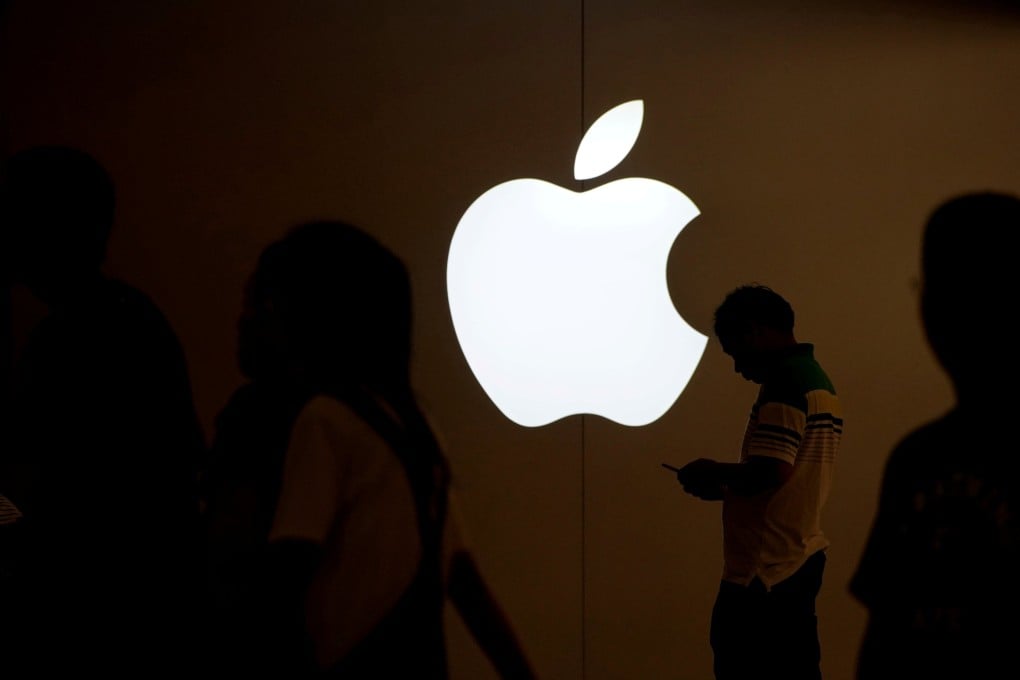Advertisement
Apple says child abuse detection system scans photos synced to iCloud, tries to allay privacy concerns
- Apple clarified its new image scanning policy on Monday, saying devices’ photo libraries would be scanned if synced to its online iCloud service
- The tech giant pushed back against concerns that the programme could be expanded and said it would challenge government attempts to degrade privacy
Reading Time:2 minutes
Why you can trust SCMP
1

Apple Inc on Monday said that iPhone users’ entire photo libraries will be checked for known child abuse images if they are stored in the online iCloud service.
The disclosure came in a series of media briefings in which Apple is seeking to dispel alarm over its announcement last week that it will scan users’ phones, tablets and computers for millions of illegal pictures.
While Google, Microsoft and other technology platforms check uploaded photos or emailed attachments against a database of identifiers provided by the National Center for Missing and Exploited Children and other clearing houses, security experts faulted Apple’s plan as more invasive.
Some said they expected that governments would seek to force the iPhone maker to expand the system to peer into devices for other material.
Advertisement
In a posting to its website on Sunday, Apple said it would fight any such attempts, which can occur in secret courts.
“We have faced demands to build and deploy government-mandated changes that degrade the privacy of users before, and have steadfastly refused those demands,” Apple wrote. “We will continue to refuse them in the future.”
Advertisement
In the briefing on Monday, Apple officials said the company’s system, which will roll out this fall with the release of its iOS 15 operating system, will check existing files on a user’s device if users have those photos synched to the company’s storage servers.
Advertisement
Select Voice
Choose your listening speed
Get through articles 2x faster
1.25x
250 WPM
Slow
Average
Fast
1.25x